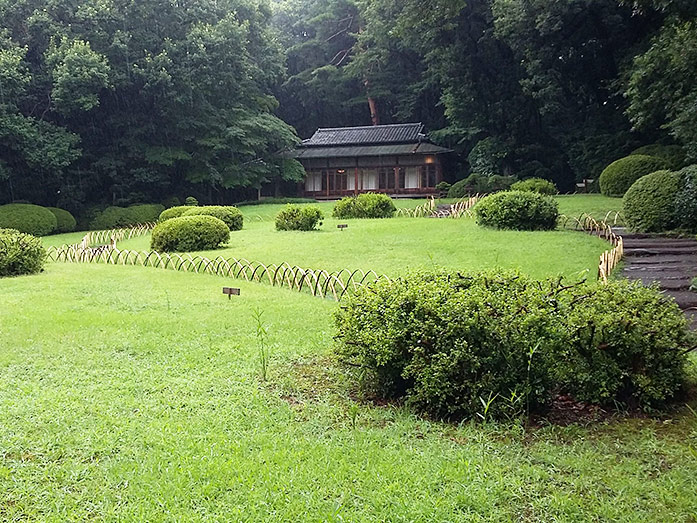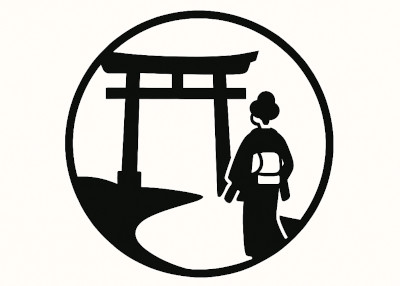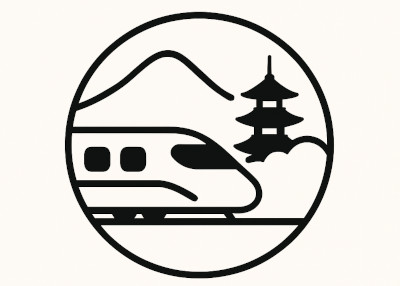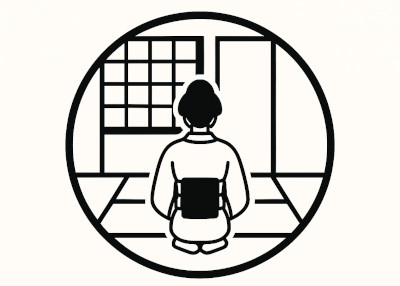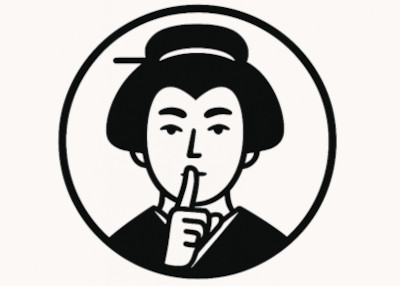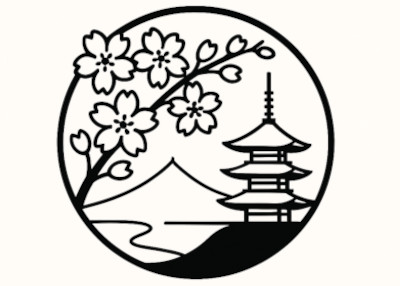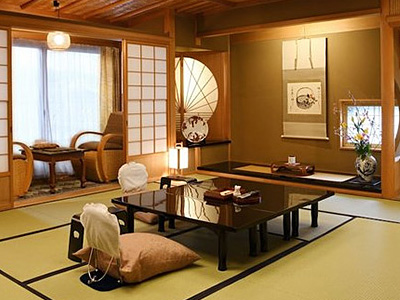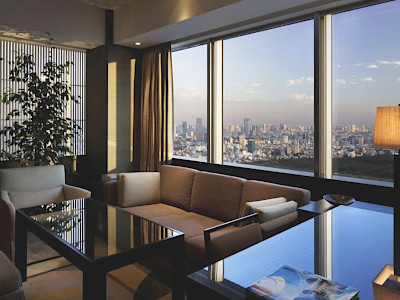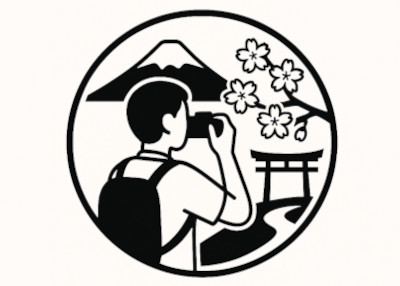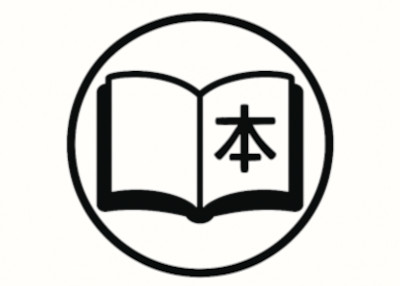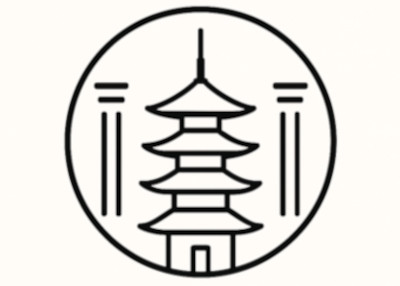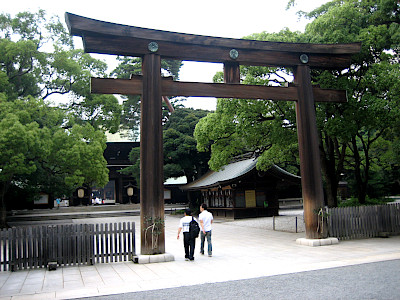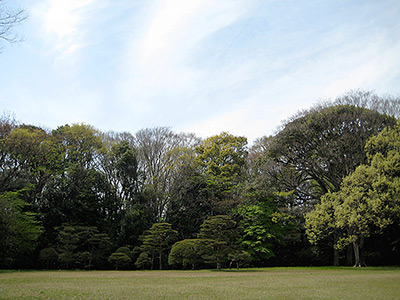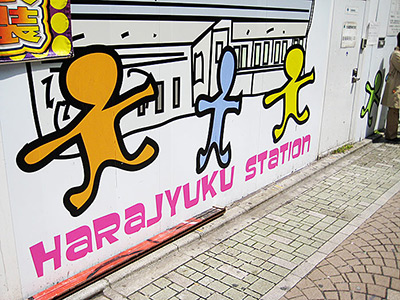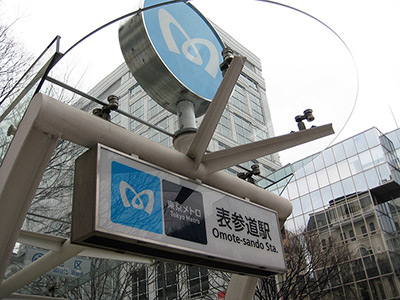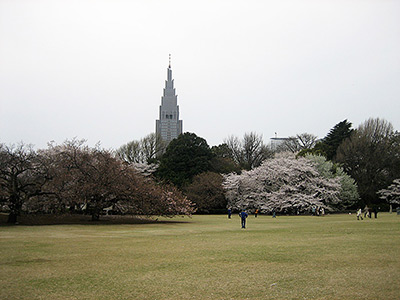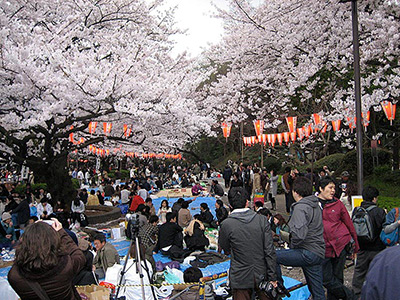Meiji Jingu Inner Garden in Tokyo
This post can contain affiliate links, which means that we may receive a small commission if you make a purchase using these links.
Facts & Figures
Meiji Jingu Inner Garden (Gyoen) covers a land area of appr. 83000 square metre. Follow the small trails to explore this beautiful garden in the heart of Tokyo.
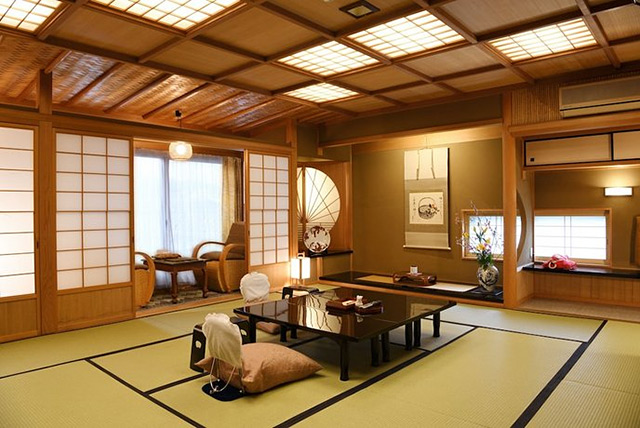 Best Places to Stay in Tokyo >
The highlights are the traditional Japanese teahouse (Kakuun-tei), a fishing spot (Otsuri-dai), South Pond (Nan-chi), gazebo (Azumaya), Kiyomasa´s well and Iris Garden.
The place, located between Yoyogi Park and the Meiji Shrine main buildings, is a reminiscent of the traditional rural landscape of the Musashino. Every season has something special to offer. Enjoy the blossomig of azaleas, rhododendron, water lilies, iris and much more.
I would like to finish this facts&figures section with a Waka poetry to honor this garden by Emporer Meiji:
Best Places to Stay in Tokyo >
The highlights are the traditional Japanese teahouse (Kakuun-tei), a fishing spot (Otsuri-dai), South Pond (Nan-chi), gazebo (Azumaya), Kiyomasa´s well and Iris Garden.
The place, located between Yoyogi Park and the Meiji Shrine main buildings, is a reminiscent of the traditional rural landscape of the Musashino. Every season has something special to offer. Enjoy the blossomig of azaleas, rhododendron, water lilies, iris and much more.
I would like to finish this facts&figures section with a Waka poetry to honor this garden by Emporer Meiji:
Utsusemino Yoyogi no sato wa Shizukanite Miyako no hokano Kokochi koso sure (Deep in the woodland of Yoyogi, the quietude creates an illusion of seclusion from the city.)
- Inner Garden:
- Opening Hours - 9:00 am to 4:30 pm (March till October)
- Opening Hours - 9:00 am to 4:00 pm (November till February)
- Admission fee - 500 yen
History
The Inner Garden (Gyoen) was created long before the construction of the Meiji Shrine started. During the early Edo Period (1603 - 1867), this place was owned by Kato Kiyomasa - Lord of Kumamoto (1562 - 1611). He was a powerful daimyo in Japan´s history. After the Meiji restoration in 1868 the area was handed over to the Imperial Family. The Meiji Emperor and Empress really liked this place.
Location
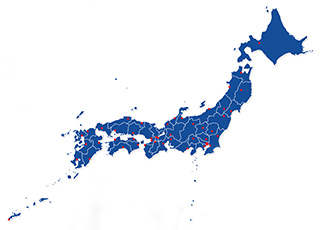
Meiji Jingu Inner Garden is located within Shibuya-ku in Tokyo.
Address: 1-1 Yoyogi-Kamizono-cho, Shibuya-ku, Tokyo 151-8557, Japan
How to get to Meiji Jingu Inner Garden?
- 10min from Harajuku Station served by JR Yamanote Line
Sightseeing spots in detail
Top:
Kakuun-tei - The Japanese teahouse, constructed in the sukiya-stle in 1900, was made for Empress Shoken as a rest house. It was burned down during World War 2 and reconstructed in 1958.
Nan-chi Pond (South Pond) - The large pond covers 8200 square metre and is known as a sacred spring water pool from the Edo times. The pond is full of Crucian carp, carp and Japanese rice fish. From the teahouse you have the best view over the pond.
Iris Garden - During the Edo times this was a training paddy field for the children of samurai families. In 1893, Emperor Meiji decided to turn it into a garden of irises to make Empress Shoken happy. 1500 beautiful iris groups of 150 original Edo-type varieties are planted in the iris paddies. Enjoy the full bloom in June.
Kiyomasa´s well (Kiyomasa no Ido) - The spring water flows out of a well behind the Iris Garden. It was one of the most famous wells of the Edo Period. The water there keeps a constant temperature of 15 degree Celcius throughout the year.
Azalea Garden (Tsutsuji-yama) - In late April you can enjoy the full bloom of the pink flowers. Some trees are over 100 years old and taller than a person.
Festival & Events (dates can change without notice)
January
Saitansai - New Year's Day ritual (1st)
The Hatsumode (first shrine visit of the year) has a high importance for many Japanese. The most popular with 3 Mio. visits can be found at the Meiji Shrine.
April/May
Meiji Jingu Spring Grand Festival (29th to 3rd)
Many Shinto ceremonies are held at the shrine. Accompanied by traditional Japanese performances like Noh and Kyogen theatre, Sankyoku (traditional Japanese music), Satsuma biwa (Japanese lute), Bugaku (imperial court music), classical Japanese dance Hogaku and Hobu.

